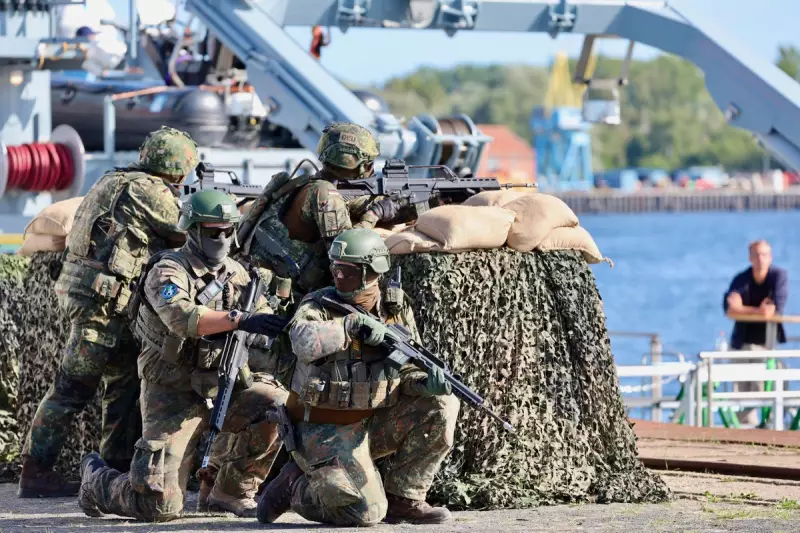
In a landmark move that significantly bolsters NATO's eastern flank, Germany is preparing to permanently station a robust military force in Lithuania. This deployment represents the first time Berlin will have continuously based combat troops abroad since the Second World War, signalling a profound shift in European defence strategy.
The brigade, comprising approximately 4,800 soldiers and civilians, will be fully combat-ready and equipped for rapid deployment. This decision, long-requested by Lithuanian authorities, is a direct response to heightened regional tensions and Russia's aggressive posture following its invasion of Ukraine.
A Fortified Front Line
The announcement, made by German Defence Minister Boris Pistorius during a visit to Vilnius, underscores a new era of collective security. "This is a historic day," Minister Pistorius declared. "The agreement in principle… sends a clear signal: We are ready to defend every inch of NATO territory."
The deployment is not a symbolic gesture. The German-led brigade will be a formidable force, complete with its own command structure, artillery, air defence capabilities, and reconnaissance units. Their permanent presence is designed to act as a powerful deterrent, effectively turning Lithuania into a fortified NATO bastion.
Logistics of a Long-Term Commitment
Establishing a permanent foreign base is a complex undertaking. The plan involves constructing extensive facilities, including barracks, training grounds, storage depots, and infrastructure for soldiers' families. While the first soldiers are expected to arrive in 2024, the full operational capability of the brigade is projected for 2027.
This commitment goes beyond military might; it represents a deep investment in the security architecture of the Baltics. It alleviates long-standing fears in Lithuania and neighbouring states about being a potential flashpoint, assuring them that NATO's core members are prepared to stand guard directly on their soil.
A Strategic Message to Moscow
Analysts view the move as one of the most consequential strategic decisions by Germany since the war in Ukraine began. It moves beyond supplying arms and imposing sanctions to establishing a tangible, irreversible military footprint aimed at containing Russian expansionism.
The permanent stationing of a major allied force so close to Russia's Kaliningrad exclave is a bold geopolitical statement. It demonstrates a unified NATO front and a German willingness to assume a leadership role in European defence, fundamentally altering the security calculus in the Baltic region for decades to come.





